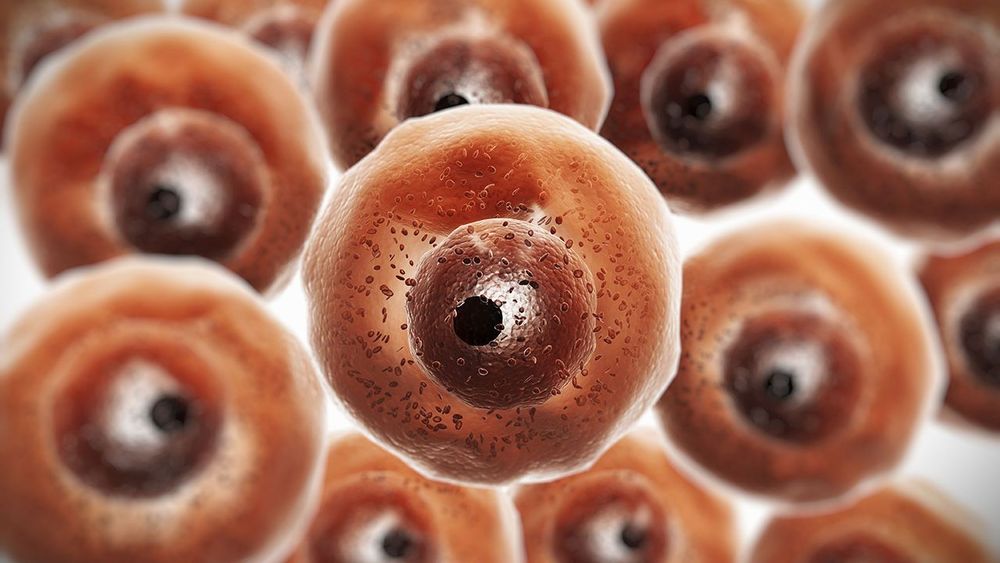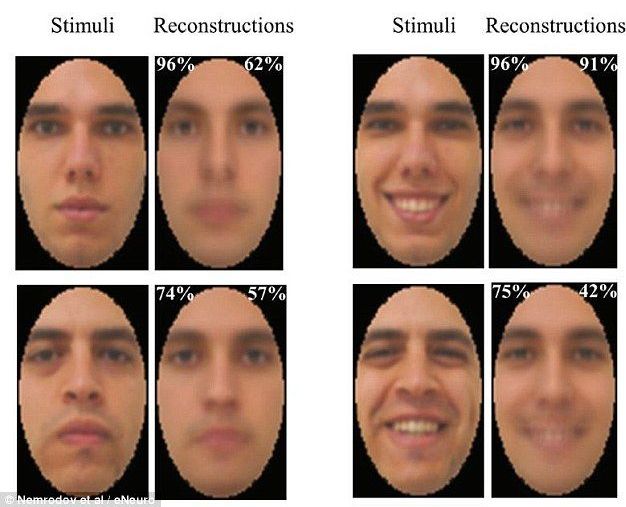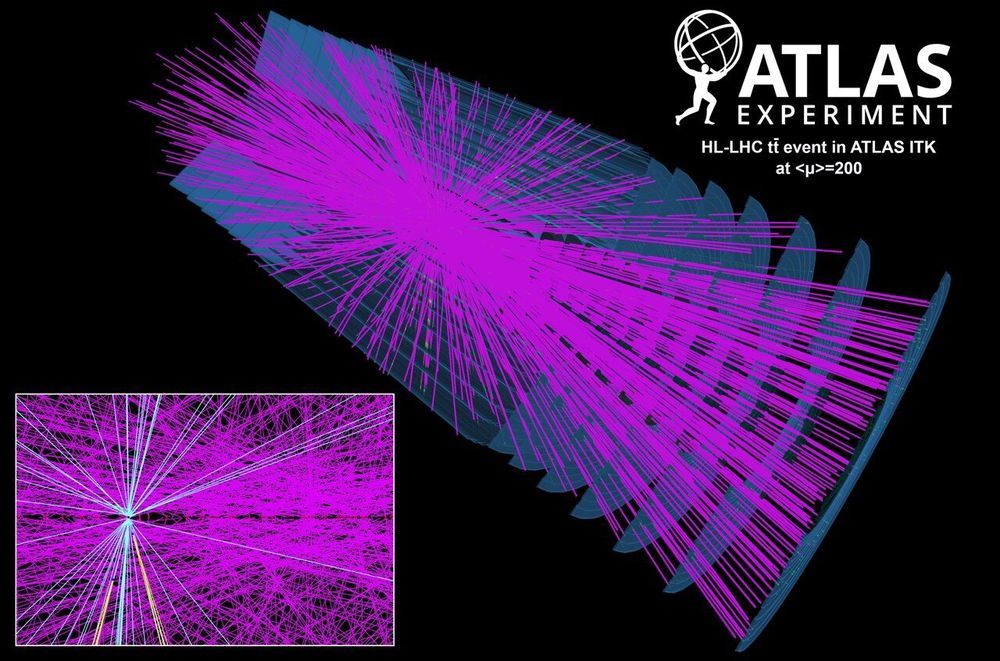NASA found the Beresheet moon lander’s crash site via its Lunar Reconnaissance Orbiter. The agency posted images of the area on Wednesday.



Researchers may have demonstrated a novel way to protect us from some of the world’s deadliest viruses. By genetically engineering immune cells to make more effective antibodies, they have defended mice from a potentially lethal lung virus. The same strategy could work in humans against diseases for which there are no vaccines.
“It’s a huge breakthrough,” says immunologist James Voss of the Scripps Research Institute in San Diego, California, who wasn’t connected to the study.
Vaccines typically contain a disabled microbial invader or shards of its molecules. They stimulate immune cells known as B cells to crank out antibodies that target the pathogen. Not everyone who receives a vaccine gains protection, however. Some patients’ antibodies aren’t up to snuff, for instance. And researchers haven’t been able to develop vaccines against some microbes, such as HIV and the respiratory syncytial virus (RSV), which causes lung infections mainly in children and people with impaired immune systems.
Lilium first emerged in 2016 as an aviation startup with some very lofty ambitions, revealing plans to develop a five-seat electric aircraft that can take off vertically, switch to horizontal flight in mid-air and cover some sizable distances on each charge. The company has now taken a significant step toward achieving this goal, completing a flight of a full-scale prototype of its Lilium Jet for the very first time.



Click here to view original web page at www.dailymail.co.uk
Psychologists have create a creepy machine that can peer into your mind’s eye with incredible accuracy.

The High-Luminosity upgrade of the Large Hadron Collider (HL-LHC) is scheduled to begin colliding protons in 2026. This major improvement to CERN’s flagship accelerator will increase the total number of collisions in the ATLAS experiment by a factor of 10. To cope with this increase, ATLAS is preparing a complex series of upgrades including the installation of new detectors using state-of-the-art technology, the replacement of aging electronics, and the upgrade of its trigger and data acquisition system.
What discovery opportunities will be in reach for ATLAS with the HL-LHC upgrade? How precisely will physicists be able to measure properties of the Higgs boson? How deeply will they be able to probe Standard Model processes for signs of new physics? The ATLAS Collaboration has carried out and released dozens of studies to answer these questions—the results of which have been valuable input to discussions held this week at the Symposium on the European Strategy for Particle Physics, in Granada, Spain.
“Studying the discovery potential of the HL-LHC was a fascinating task associated with the ATLAS upgrades,” says Simone Pagan Griso, ATLAS Upgrade Physics Group co-convener. “The results are informative not only to the ATLAS Collaboration but to the entire global particle-physics community, as they reappraise the opportunities and challenges that lie ahead of us.” Indeed, these studies set important benchmarks for forthcoming generations of particle physics experiments.
Semiconductors, which are the basic building blocks of transistors, microprocessors, lasers, and LEDs, have driven advances in computing, memory, communications, and lighting technologies since the mid-20th century. Recently discovered two-dimensional materials, which feature many superlative properties, have the potential to advance these technologies, but creating 2-D devices with both good electrical contacts and stable performance has proved challenging.
Researchers at Columbia Engineering report that they have demonstrated a nearly ideal transistor made from a two-dimensional (2-D) material stack—with only a two-atom-thick semiconducting layer—by developing a completely clean and damage-free fabrication process. Their method shows vastly improved performance compared to 2-D semiconductors fabricated with a conventional process, and could provide a scalable platform for creating ultra-clean devices in the future. The study was published today in Nature Electronics.
“Making devices out of 2-D materials is a messy business,” says James Teherani, assistant professor of electrical engineering. “Devices vary wildly from run to run and often degrade so fast that you see performance diminish while you’re still measuring them.”

A new technique produces long-lasting movies of nonluminous objects with just a few hundred femtoseconds between frames.